Puppy mills are a dark corner of the pet industry, prioritizing profit over animal welfare. These operations churn out puppies in unsanitary and cruel conditions, often leading to health and behavioral issues for the dogs. Knowing how to identify a puppy mill pup is crucial for making ethical choices and ensuring you’re not inadvertently supporting these operations. Here are 14 signs to watch for and steps to take to avoid puppy mills.
1. The Seller Won’t Let You Visit the Facility
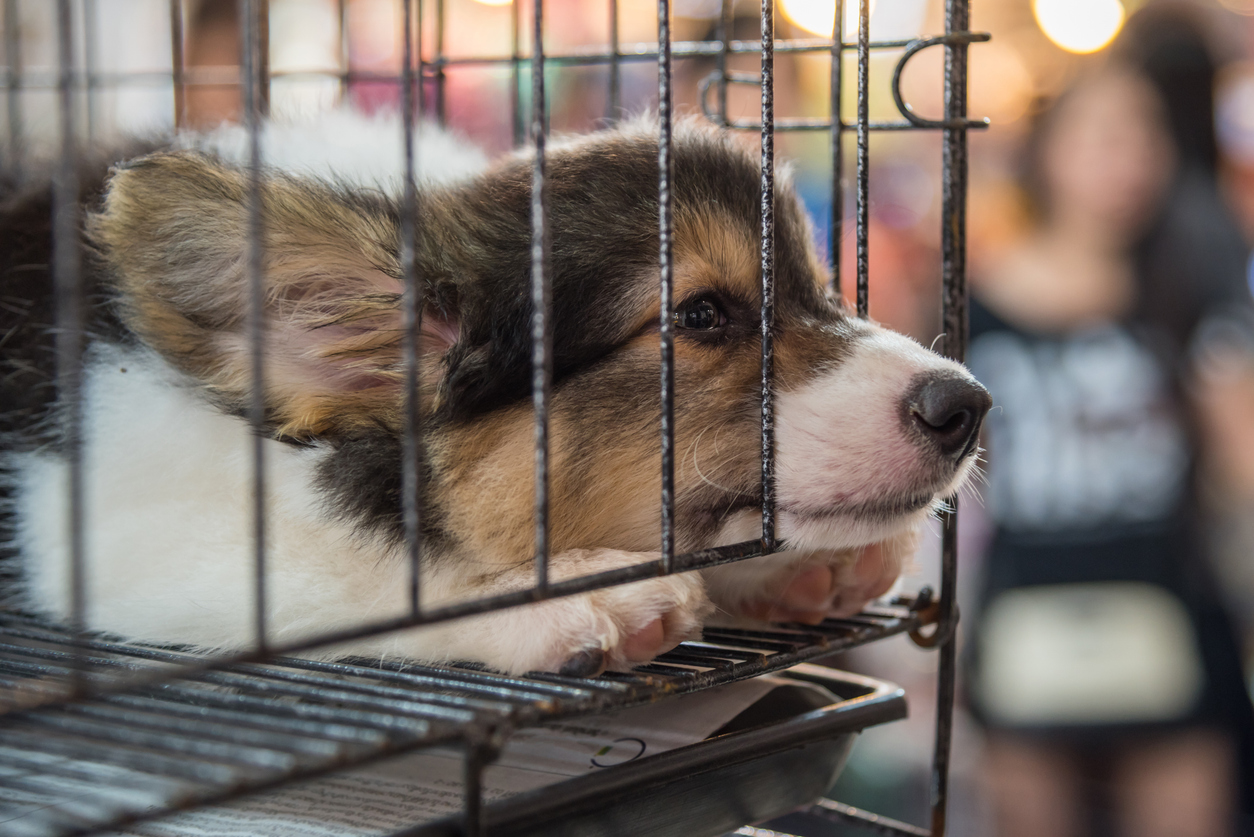
iStock
A reputable breeder will always welcome you to visit their facility to meet the puppies, their parents, and see where they live. If a seller refuses or provides excuses for not allowing a visit, it’s a major red flag. Puppy mills often discourage visits because their facilities are overcrowded, unsanitary, and unsafe for the puppies. They may claim it’s to protect the puppies’ safety, but in reality, it’s to hide their operations. If you’re asked to meet in a parking lot or other neutral, isolated location, be cautious. A transparent and ethical breeder should be proud to show you where their dogs are raised.
2. The Puppies Are Always Available

Wikimedia Commons
One of the biggest red flags when shopping for a puppy is the availability of numerous puppies all year long. Reputable breeders usually breed their dogs sparingly to ensure the health and well-being of the animals. They often have waiting lists for puppies, and their breeding cycles are thoughtfully planned. If you see puppies of different breeds, ages, and sizes available at all times, it’s likely that the seller is running a high-volume puppy mill operation. Puppy mills are in it for the profit, which means they churn out puppies constantly, with little concern for the dogs’ welfare.
3. The Puppies Look Unhealthy

Pexels
Puppies from puppy mills are often physically unhealthy due to the unsanitary conditions they’re raised in. Common signs of health issues include matted or dirty fur, crusty eyes, and lethargy. These puppies often suffer from malnutrition or untreated illnesses because their basic needs, such as proper veterinary care, are neglected. On the other hand, a healthy puppy should be energetic, clean, and alert. If the puppies appear sickly or you notice any concerning symptoms, walk away immediately. It’s important to trust your instincts—no puppy should look or behave like they’ve been mistreated or neglected.
4. The Seller Avoids Questions About Health Guarantees

StockCake
When purchasing a puppy, it’s important to ask the breeder about their health guarantees. Reputable breeders will provide a written guarantee and be transparent about the health conditions common in their breed. They’ll also openly discuss any potential genetic conditions that could affect the puppy. If the seller avoids answering these questions or claims that the puppies are “100% healthy” without providing any proof, it’s a huge warning sign. Puppy mills are only interested in turning over puppies quickly, so they won’t prioritize the dogs’ long-term health and may try to brush off any concerns you have.
5. The Puppies Are Too Young to Leave Their Mother

Pexels
Puppies should remain with their mother and littermates for at least eight weeks. This critical period is essential for their emotional and physical development. Puppy mills often separate the puppies from their mothers much earlier to make room for new litters, which results in puppies that are not properly socialized. Early separation can lead to behavioral issues and health problems down the line. If you encounter a seller offering puppies that are too young to leave their mother, it’s a clear sign of unethical breeding practices. Always ensure that the puppies are at least eight weeks old before considering a purchase.
6. The Environment Is Unsanitary

GoodFon
Unsanitary conditions are a hallmark of puppy mills. If you are allowed to visit the breeding facility, take a close look at the environment. Check for things like foul odors, overcrowding, and dirty living spaces. The facility should be clean, well-organized, and designed with the puppies’ well-being in mind. Puppies need space to play, move around, and develop their social skills. If the conditions are dirty, cramped, or unsafe, it’s a huge indicator that you are dealing with a puppy mill. Ethical breeders maintain a clean, comfortable space for their animals, ensuring that each puppy receives individual attention and care.
7. The Seller Is Reluctant to Provide References

PickPik
A reputable breeder will gladly provide references from previous buyers who can vouch for the quality of their breeding practices and the health of the puppies. Puppy mills, however, are unlikely to offer references, or they may provide generic, unverified ones. They may even try to discourage you from seeking references altogether. A good breeder is proud of their work and the puppies they produce. Always ask for and verify testimonials before committing to a purchase. If the seller hesitates or becomes evasive when asked for references, it’s a major red flag.
8. The Breeder Has Multiple Litters and Breeds
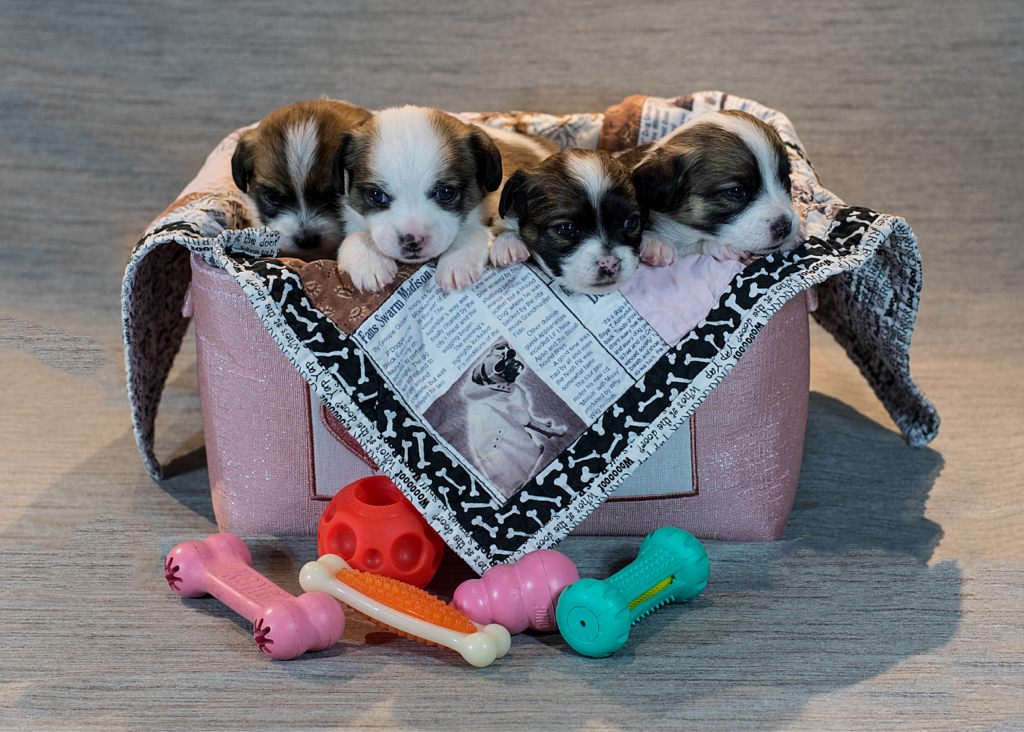
Wikimedia Commons
Responsible breeders focus on a select few breeds to ensure that they’re providing proper care and attention to each dog. They also breed sparingly, with a focus on improving the breed rather than mass-producing puppies. Puppy mills, on the other hand, often breed multiple dogs and litters at once, which makes it impossible to give each animal the attention and care they need. If a breeder has puppies available from multiple breeds at once, it’s likely they’re operating a puppy mill. Always ask about the number of litters and breeds the seller works with to gauge their level of responsibility.
9. The Price Seems Too Good to Be True
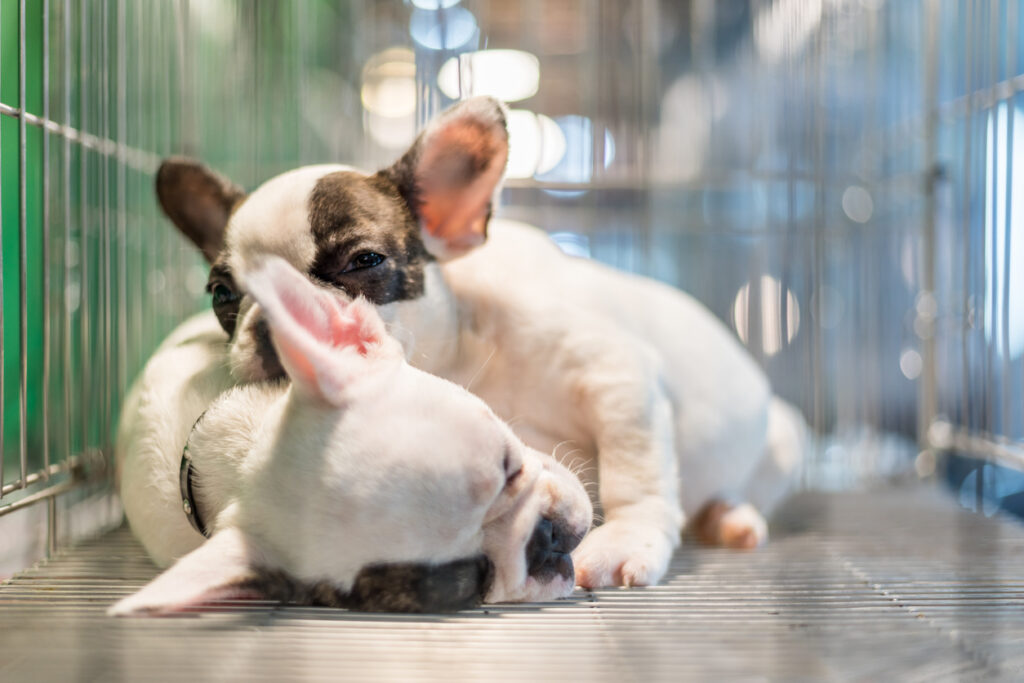
iStock
Puppy mills tend to offer puppies at unusually low prices, hoping to attract buyers who are focused on the cost rather than the quality of the dog. Remember, breeding and raising puppies in a healthy environment is expensive. If the price seems suspiciously low, it’s likely that the seller is cutting corners when it comes to the health and well-being of the puppies. While a low price might sound tempting, it could end up costing you more in the long run with high veterinary bills and behavioral issues that arise from poor early care. Don’t let the price tag cloud your judgment.
10. The Seller Uses High-Pressure Tactics
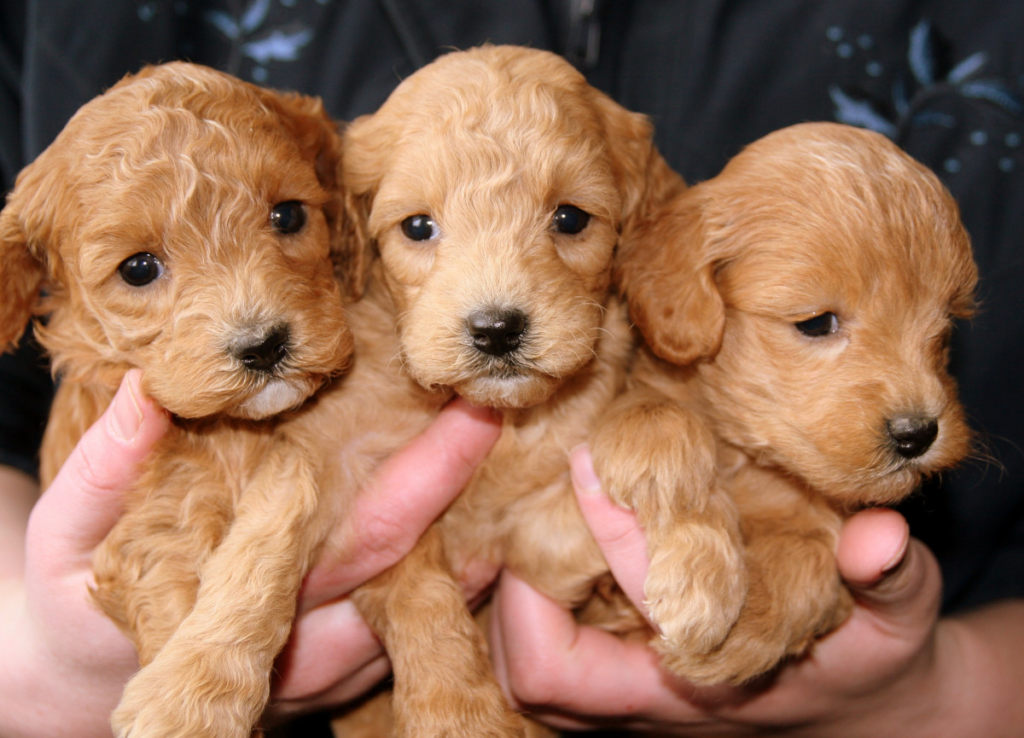
PxHere
Puppy mills are often in a rush to sell puppies, as their goal is to maximize profits. Sellers who use high-pressure tactics—such as claiming that a puppy is “going fast” or offering a “discount if you buy today” — are likely operating unethically. A responsible breeder will never rush you into a decision. They want to ensure that the puppy is going to a good home, and they’re willing to take their time to answer your questions and allow you to make an informed choice. If you feel pressured or uncomfortable during your interactions with a seller, it’s a sign that you should walk away.
11. The Puppies Lack Socialization

Pexels
Proper socialization is crucial for a puppy’s development. Puppies from ethical breeders are raised in an environment where they are exposed to various people, other animals, and different environments. This helps them grow into well-adjusted, friendly dogs. Unfortunately, puppies from puppy mills often lack proper socialization, leading to fearful or aggressive behaviors later on. If you notice that a puppy is excessively shy, fearful, or avoids human interaction, it may have been raised in an isolating, stressful environment. A healthy puppy should be curious, playful, and eager to engage with you and their surroundings.
12. The Seller Is Evasive About Licensing and Inspections

Pexels
A responsible breeder will be licensed and transparent about any inspections they’ve undergone. These inspections ensure that the breeder is following the necessary regulations and is committed to ethical practices. Puppy mills, however, often avoid discussing licensing or claim that they don’t need to be inspected. They may even go so far as to provide false documentation or make up excuses. Always ask to see the breeder’s license and inquire about any relevant inspections or certifications. If the seller refuses to provide this information or becomes defensive, it’s a sign that you should look elsewhere.
13. The Seller Focuses Solely on Payment

PickPik
While payment is naturally part of the puppy-buying process, a reputable breeder will focus more on the quality of the home you’re providing for the puppy. They’ll want to ensure that you’re prepared to care for the dog long-term, asking questions about your living situation and experience with pets. Puppy mills, on the other hand, are only interested in how they’ll be paid. If the seller seems more focused on the financial transaction than the well-being of the dog, it’s a warning sign. A responsible breeder is invested in matching the right puppy with the right owner and will take the time to vet you as a potential buyer.
14. The Puppy’s History Is Vague or Nonexistent
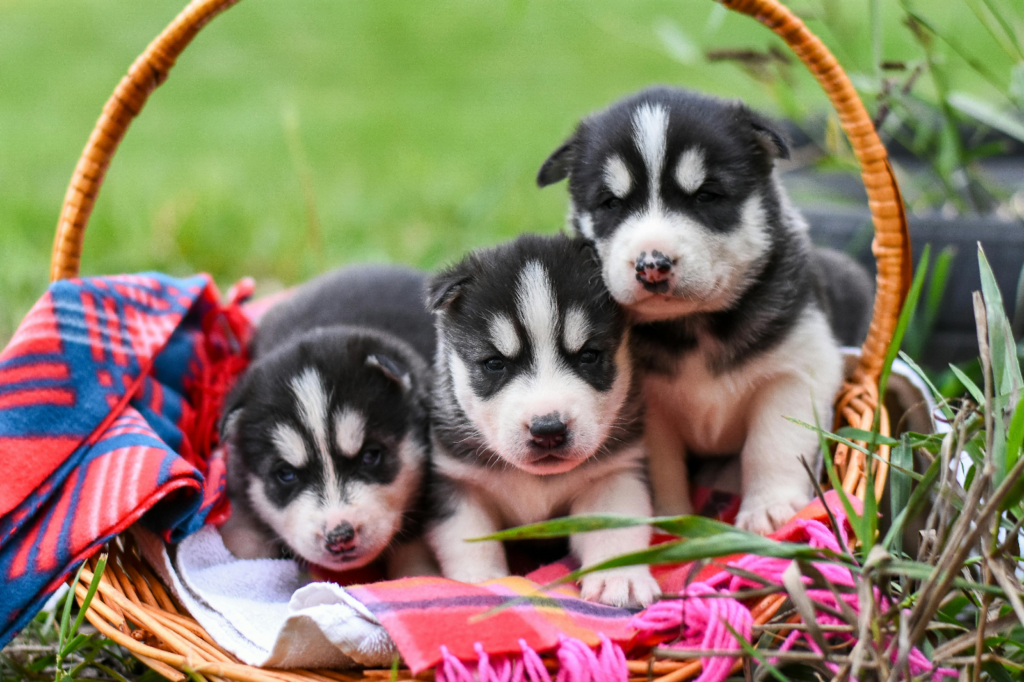
Pexels
When purchasing a puppy, you should receive a complete history, including vaccination records, the parents’ health clearances, and any other relevant information. Puppy mills are often unwilling or unable to provide this documentation. They may offer vague, conflicting details or refuse to disclose any information about the puppy’s background. This is a major red flag, as it indicates that the seller is hiding the puppy’s origins. Ethical breeders provide full transparency about the puppy’s health and background, helping you make an informed decision. Always ask for documentation and ensure that everything checks out before moving forward with a purchase.
What You Should Do to Avoid Puppy Mills
Avoiding puppy mills takes vigilance, but it’s worth the effort to ensure you’re supporting ethical breeding practices. Always research breeders thoroughly and ask plenty of questions. If something feels off, trust your instincts and walk away. Consider adopting from a shelter or rescue, where many wonderful dogs are waiting for homes. By being informed and making ethical choices, you can help put an end to puppy mills.


